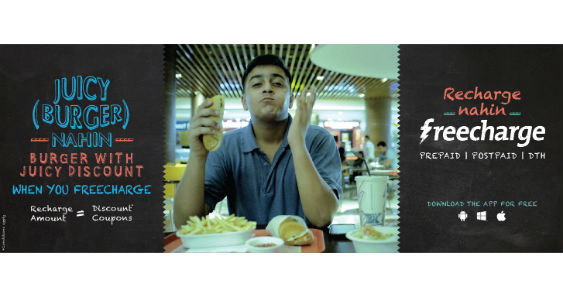ASIA-PACIFIC – The affluent in Asia/Pacific, Middle East & Africa (APMEA) are increasingly seeking out rich experiences over ownership of opulent material possessions, according to the MasterCard Affluent Report launched today.
The findings are based on a survey conducted with 1,000 affluent individuals in selected key markets in the APMEA region, where by 2017, 70% of the world’s affluent will live. On average, they are 37 years old, likely to be married with one child (aged 4), and have investible assets of at least USD$200,000.
The affluent, being financially comfortable through years of hard work, are at a stage in their lives where they can afford to reassess their values, objectives, and outlook in life. Beyond simply deriving satisfaction from purchasing and owning luxury goods, the affluent view wealth as the catalyst to experience the world.
Changing Notions of Success and Achievement
This shift in mindset can be attributed to an expanding view the affluent hold toward success and wealth. Across the region, success is increasingly being measured by the way of life, with some variations across the markets. The diagram below highlights the different notions of success and achievement across the APMEA region:

Consumers with Experiential Needs
The survey found that this shift in attitude is transforming the consumption patterns of the affluent. More than ever, the affluent are placing greater emphasis on seeking new and unique experiences, such as mastering a new skill or making a unique journey, as opposed to the ownership of opulent material possessions, status symbols, or visiting a destination.
For these affluent global citizens, products that cater to their aspirations of a deep and fulfilling life are essential. International travel (30%), which allows them to gain unique experiences, reconnect with family through shared leisure activities, and unwind while creating unforgettable memories, is rated as their most
desired experience. This is followed by culinary experiences (23%), which involve the exploration and discovery of different palates and flavors from around the world, and golfing which allows the otherwise busy individuals to recharge and to connect with others (12%).
Porush Singh, senior vice president for Core Products, Global Products & Solutions, Asia/Pacific, Middle East & Africa, MasterCard, said, “The affluent in APMEA are increasingly looking for things that drive personal growth and happiness, as opposed to the ownership of material possessions. This report helps us understand the mindset of affluent consumers so that we can continually develop the most relevant and innovative payment solutions as well as curate meaningful and unique experiences for them.”
Case-in-Point: The Affluent and Golf
In terms of unique experiences, golfing is one of the most popular categories that APMEA’s affluent are interested in. Two in every five affluent individuals across APMEA have played a round of golf in the past 12 months, and the rising number of affluent enthusiasts has led to a robust golf tourism industry, with fans and aficionados spending more on the sport.
The affluent perceive golf as the intersection of social time and personal ‘me’ time which provides an avenue for one to recharge and also connect with others. As part of the lifestyle, golf fulfils both the social and emotional needs.
“Our research has shown that affluent golfers from APMEA desire not just better quality brands, but also once-in-a-lifetime experiences such as training sessions with golfing legends and access to exclusive world-renowned courses that they view as a reward for their hard work,” he added.
Some interesting nuggets about the rise of the golfing movement in APMEA:
- There are almost 40 million golfers in China alone – nearly twice as many engaged in the sport than in USA.
- The golf tourism industry in Thailand is expected to grow 15% to USD$4 billion by 2015.
- The daily spend of a golf traveler is double that of the average leisure tourist.










